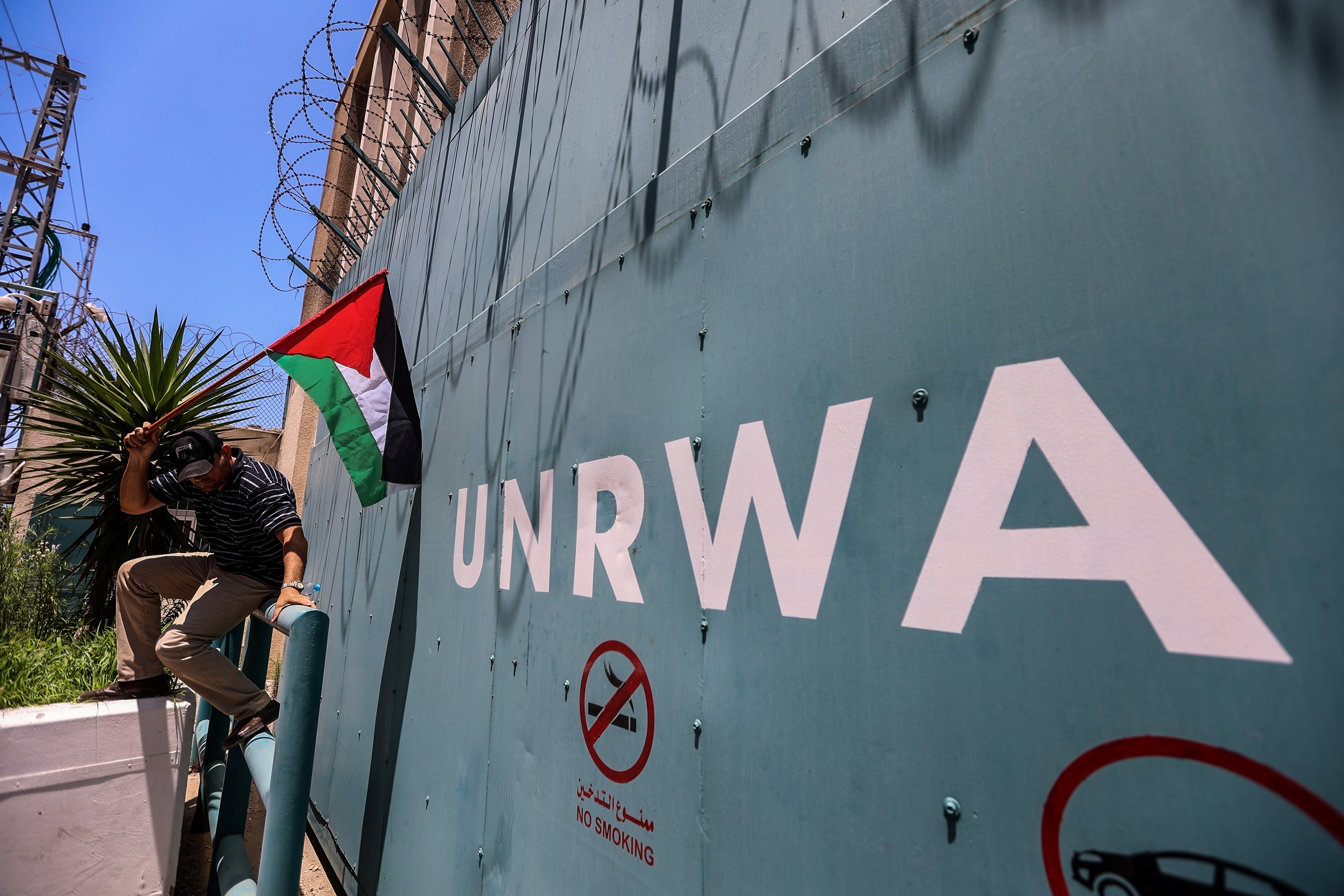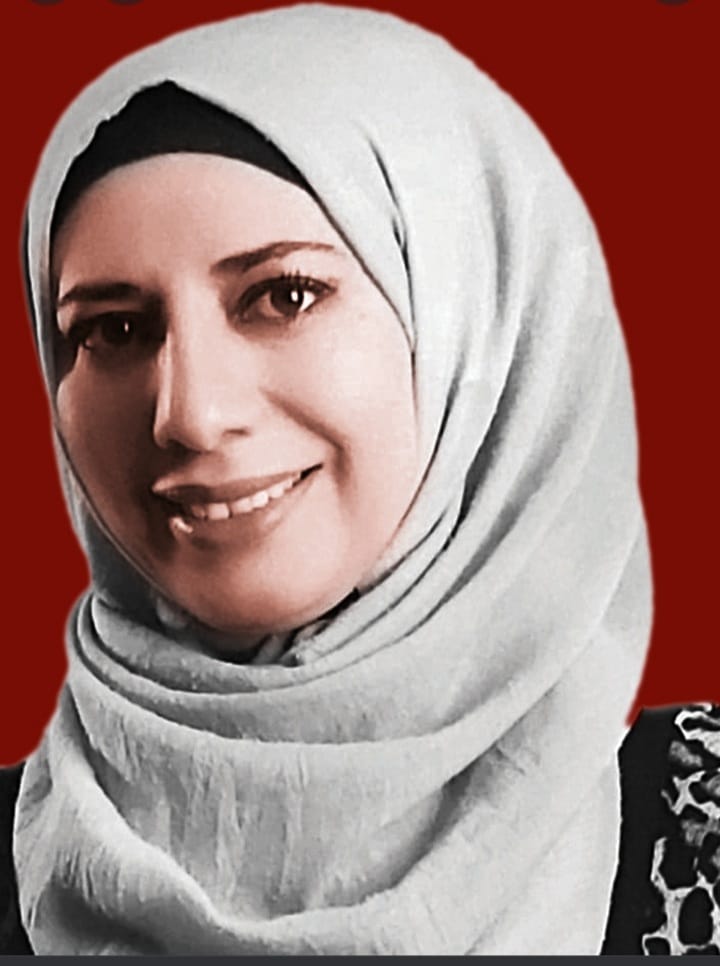لا يخفى على أحد أن الإعلام -وبشكل خاص في الأزمات- يؤدي دورًا محوريًا في تشكيل الرأي العام محليًا وإقليميًا ودوليًا. وفي المشهد الراهن ما يحدث من انتهاكات إسرائيلية بحق الشعب الفلسطيني في قطاع غزة يتطلب أدوات حقوقية قادرة على إبراز هذه الانتهاكات كجرائم ترتكب ضد القانون الدولي لحقوق الإنسان والقانون الدولي الإنساني وتفنيد ادعاءات الكيان المحتل.
في الإعلام العربي - وبصورة عامة - توظيفُ الأدوات الحقوقية والقانونية لإبراز انتهاكات دولة الاحتلال يبدو متواضعا؛ حيث يكتفي الإعلام العربي بترديد عبارات عامة تؤكد مخالفة الكيان المحتل للقوانين والقرارات الدولية. على الجانب الآخر تبدو الحاجة ملحة إلى الاستمرار في توظيف الأدوات القانونية والحقوقية في تفنيد الادعاءات الإسرائيلية وترويجها مثل حق الدفاع عن النفس. هذه الأدوات التي ستشكل مع الوقت وعيًا حقوقيًا بالقضية الفلسطينية وتحدث التغيير لدى المتلقي في لغة الخطاب، وتجعله قادرًا على الدفاع عن القضية وتفكيك الرواية "القانونية" للاحتلال خاصة في ظل أجيال أخذت في الابتعاد عن جوهر القضية الفلسطينية وتاريخها، وسياقات تعليمية أيضا لم تعد القضية محورها ومركزها الرئيس.
في مقابل ذلك نجد التغطيات والتحليلات في الجهة المقابلة توظف الأدوات الحقوقية كافة خدمةً لرواية العدو الصهيوني لنصطدم بوعي عام جمعي يرى الكيان المحتل مدافعا شرعيا عن نفسه، ليثنيَ المجتمع الدولي عن القيام بدوره في الضغط لاحترام الشرعية الدولية لحقوق الإنسان.
في الإعلام العربي -وبصورة عامة- توظيفُ الأدوات الحقوقية والقانونية لإبراز انتهاكات دولة الاحتلال يبدو متواضعا؛ حيث يكتفي الإعلام العربي بترديد عبارات عامة تؤكد مخالفة الكيان المحتل للقوانين والقرارات الدولية.
ليس لمحتلٍ أن يتذرع بالدفاع عن نفسّه
تتذرع إسرائيل بصفتها السلطة القائمة بالاحتلال بحالة الدفاع عن النفس لمزيد من التبرير لانتهاكاتها للقانون الدوليّ الإنسانيّ والقانون الدوليّ لحقوق الإنسان، وتستند في ذلك إلى أنّ ما تقوم به يتسق تمامًا مع المادة (51) من ميثاق الأمم المتحدة المتضمنة حق الدول في الدفاع عن نفسها.
محكمة العدل الدولية في قرارها بشأن الآثار القانونية الناشئة عن تشييد الجدار الفاصل في الأراضي الفلسطينية اتخذت موقفًا واضحًا حيال هذه الذريعة؛ حيث أكدّت أن الحق الطبيعي في الدفاع عن النفس وفق الميثاق يكون في حالة الهجوم المسلح من قبل إحدى الدول ضد دولة أخرى، وأنّ إسرائيل تبسط سيطرتها على الأراضي الفلسطينية، وأنّ التهديد الذي تتذرع به من الداخل وليس من الخارج. لذلك لا يمكن لإسرائيل - بأي حال من الأحوال - أن تستشهد بقرارات مجلس الأمن لتدعم ادعاءها بأنّها تمارس حق الدفاع عن النفس. مع الأخذ بعين الاعتبار أنّ القرارات الصادرة عن محكمة العدل الدولية تعدّ سوابق قضائية لا يمكن الرجوع عنها.
مسؤولية الدول الأطراف
الدول الأطراف في اتفاقيات جنيف - وتحديدًا اتفاقية جنيف الرابعة بشأن حماية السكان المدنيين (1) ملزَمة باحترامها وكفالة احترام الدول الأطراف لها في جميع الأحوال. وهذا مدخل حقوقي قانوني يتوجب أن يبقى حاضرًا في الخطاب الإعلامي؛ فالاتفاقية تضع مسؤولية على الدول الأطراف كافة في ضمان تطبيقها وكفالة احترامها، وهو الأمر الذي لا يعني فقط الامتناع عن مخالفتها، وإنما أيضا اتخاذ إجراءات من أجل ضمان أنّ الدول الأطراف الأخرى تسير في الاتجاه ذاته. مع التأكيد على أنّ محكمة العدل الدولية أكدت أن اتفاقية جنيف الرابعة تشمل الأراضي الفلسطينية المحتلة وتسري بنودها عليها.
أما الوثيقة الأخرى التي يتوجب أن تبقى حاضرة للتأكيد على ما سبق هي فتوى محكمة لاهاي حول جدار الفصل العنصري التي خلصت في قرارها إلى أنّ جميع الدول ملزمةٌ بعدم الاعتراف بالوضع غير القانوني المترتب على تشييد الجدار وتتحمل جميعها التزامًا إضافيًا بكفالة امتثال إسرائيل للقانون الدولي الإنسانيّ على النحو الوارد في تلك الاتفاقية.
هذا الالتزام الدولي يتماشى وطبيعة الحق في السلام الذي ينتمي إلى الجيل الثالث من أجيال حقوق الإنسان، وهو جيل التضامن الذي يتطلب لتحقيقه على أرض الواقع تضامن الدول وتكاتفها لضمان تمتع الأفراد جميعًا به بغض النظر عن العرق أو اللون أو الدين، ولا يمكن لدولة بمفردها أن تكون قادرة على تحقيقه بمعزل عن الدول الأخرى.
يجب أن تظل فتوى محكمة لاهاي حول جدار الفصل العنصري حاضرة في الإعلام، وقد خلصت أن جميع الدول ملزمةٌ بعدم الاعتراف بالوضع غير القانوني المترتب على تشييد الجدار وتتحمل جميعها التزامًا إضافيًا بكفالة امتثال إسرائيل للقانون الدولي الإنسانيّ.
قرار الجمعية العامة بوقف الأعمال العدائية في قطاع غزة يبحث عن مساحات كافية
المتلقي لخبر إصدار الجمعية العامة للأمم المتحدة قرارها خلال الدورة الاستثنائية الطارئة الأخيرة حول الأعمال الإسرائيلية غير القانونية في القدس الشرقية المحتلة وبقية الأراضي الفلسطينية المحتلة، يعتقد للوهلة الأولى أنّه ينطوي على مسألة واحدة فقط وهي المطالبة بالهدنة الفورية والدائمة ووقف الأعمال العدائية؛ وذلك ما تعرضه الغالبية العظمى من وسائل الإعلام العربي متصدرا أجندة الأخبار، في حين أنّ ما ذكر سابقًا هو البند الأول فقط من هذا القرار. أما ما تبقى من بنوده فلم يأخذ المساحة الكافية في الخطاب الإعلامي العربي تحديدًا، بل إنّ القرار برمته لم ينل مكانته المطلوبة والمؤثرة.
فما أهمية هذا القرار؟
بالرغم من عدم إلزاميته إلا أنّ أهميته تنبع من أنّه قُدّم من دولة عربية وهي الأردن بالنيابة عن المجموعة العربية. لا ينبغي غض الطرف عن هذا القرار؛ لأنه يؤشر على قدرة المجموعة العربية على التأثير في المنظومة الدولية. ولكن الأهم من ذلك أنه تم التصويت على القرار بأغلبية 120 صوتًا وهو عدد مرتفع خاصة في ظل الرواية الإعلامية الإسرائيلية التي اختطفت المشهد والتعاطف العالمي مع هذا الكيان بذريعة الدفاع عن النفس. وقد حاولت إسرائيل وبقوة ألا يمرّ هذا القرار بالرغم من أنّها تعي تماما أنّه لا ينطوي على إلزام قانوني، وقد مارست ضغوطها الدولية لضمان عدم تبنيه ليقنيها أنّ القرار يشكل إقرارًا دوليًا بارتكابها هذه الانتهاكات الجسيمة للقانون الدولي الإنساني والقانون الدولي لحقوق الإنسان. كما أنه يقلب المعادلة التي بدأت بتعاطف دولي منقطع النظير مع الكيان المحتل، لكنه تغير إلى حدّ كبير بعد كشف جانب من زيف الرواية الإسرائيلية، وهو ما تمخض عنه هذا القرار الذي كانت إسرائيل تستبعد صدوره.
السؤال الأهم قبل أن نقول إنّ القانون الدولي فقد قيمته يتوجب أن يكون: كيف نستعمل ونوظف هذا القانون ونستثمر كل ما يصدر عنه لخدمة القضية الفلسطينية؟
الأدوات الحقوقية القانونية لا بدّ أن تبقى حاضرة
بالرغم مما يقال كثيرًا خلال هذه الأحداث التي نشهدها في قطاع غزة من جرائم حرب وجرائم ضد الإنسانية من أنّ القانون الدوليّ فقد قيمته أو يكاد، إلا أنّ الأدوات القانونية يتوجب أن تبقى حاضرة وأن يتم كشف ما تبقى من زيف الرواية الإسرائيلية بشتى السبل وفي مقدمتها الجانب الحقوقي الذي لا تكل ولا تمل إسرائيل من توظيفه لخدمة أغراضها وتجييش ما تستطيع في سبيل ذلك.
فالسؤال الأهم قبل أن نقول إنّ القانون الدولي فقد قيمته يتوجب أن يكون: كيف نستعمل ونوظف هذا القانون ونستثمر كل ما يصدر عنه لخدمة القضية الفلسطينية؟ المتتبع - مع الأسف - يجد أن القرارات المفصلية الهامة كفتوى لاهاي بشأن جدار الفصل العنصري على سبيل المثال لا الحصر لم يتم حتى اليوم العمل عليها بما يخدم قضيتنا العربية المحورية، وهنا يأتي دور الإعلام ليضيء على هذه المساحات المظلمة حتى لا نفقدها جميعًا.
1). https://www.icrc.org/ar/doc/resources/documents/misc/5nsla8.htm








































